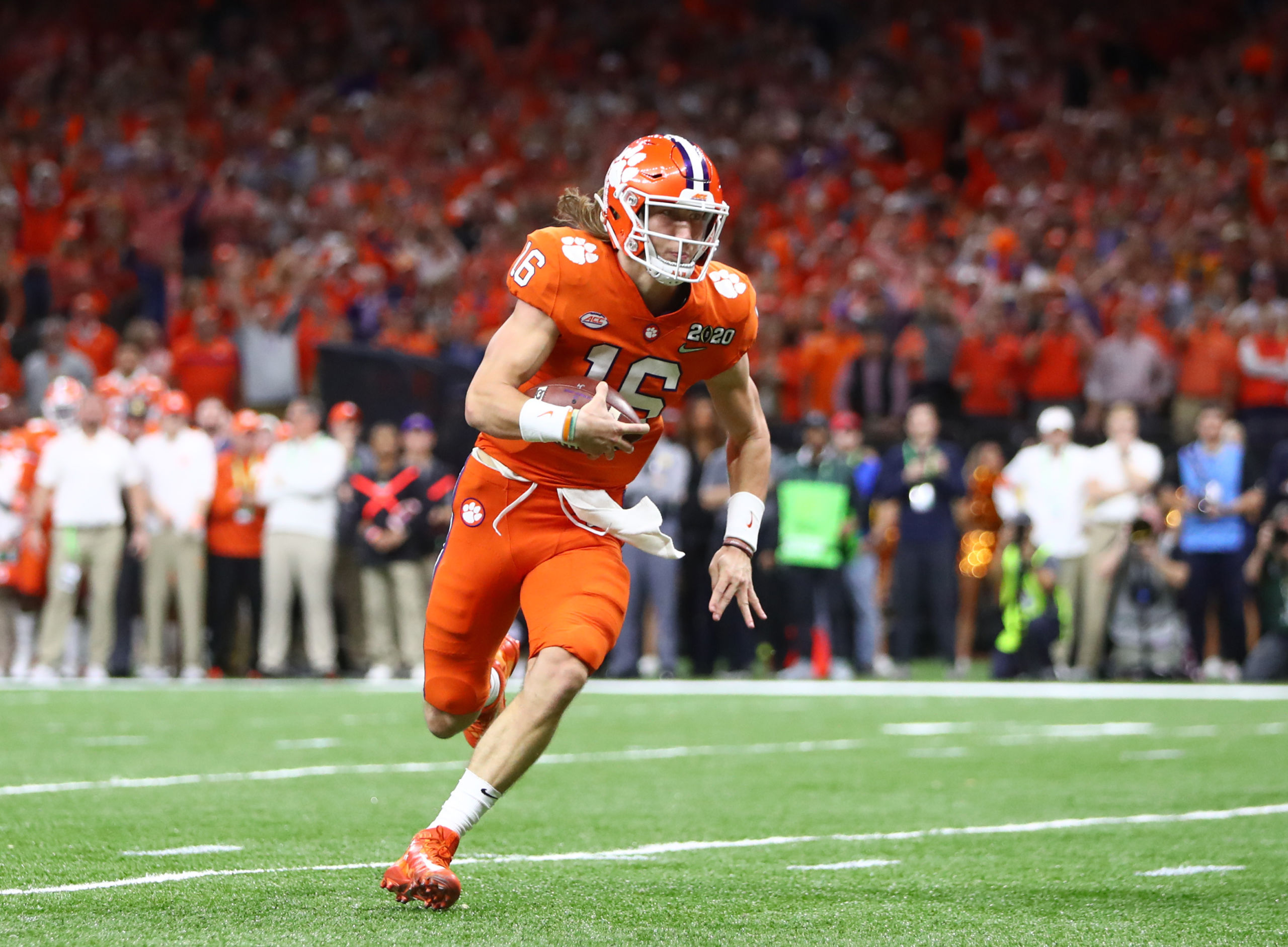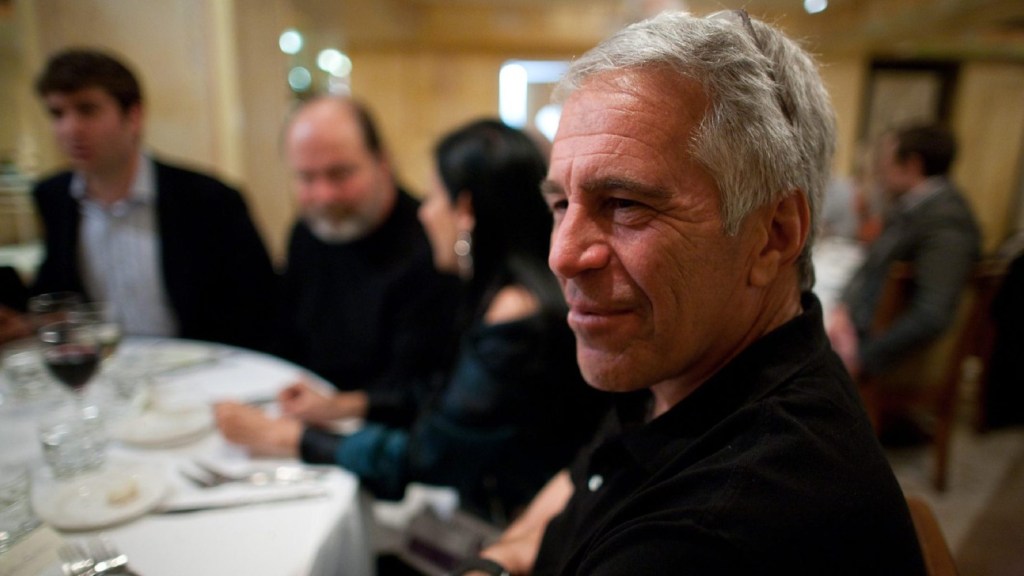Attorneys for both plaintiffs and defendants in the House v. NCAA case filed yet another version of their settlement proposal on Monday—this time for final approval. They made minor adjustments to rights afforded to players who would be inducted into the settlement over the next 10 years. But they didn’t make any changes to a new rule allowing the NCAA to impose roster limits.
The filing comes after a seven-hourlong approval hearing last week, during which 10 parties raised objections to the settlement. Northern District of California Judge Claudia Wilken asked attorneys to make several changes or provide explanations to officially approve the settlement.
The parties are eager to approve the settlement, which would allow for a system of revenue-sharing between schools and players that would begin in just a few months (in addition to offering $2.8 billion in damages to players who couldn’t profit off NIL before 2021—a much lower number than if they lost at trial). The settlement would also allow for a “clearinghouse,” run through software developed by Deloitte, with the ability to block any NIL deals from boosters or collectives that appear to be “pay-for-play.”
Wilken’s main concern, it appeared, was with the potential legality of binding players to the settlement terms over the next 10 years. Wilken asked whether future college athletes, who at this point might just be eight or 10 years old playing recreational sports “on the blacktop,” could reasonably be expected to abide by the revenue-sharing cap and new NIL rules that extend for 10 years. To address this, the parties agreed to make a small change ensuring that future athletes could challenge the salary cap or other settlement terms if they decide to opt out of the settlement.
But both sides declined to make changes to satisfy Wilken’s other big hangup: roster limits. The settlement removes limits on scholarships for D-I teams, but imposes new roster limits. Dozens of athletes have submitted objections, saying that their roster spots have already been rescinded due to the settlement. Wilken suggested “grandfathering” in existing roster spots offered to players, with the limits going into effect for athletes who haven’t already been recruited.
Lawyers for the defendants argued that it’s unreasonable to have sports programs operate without roster limits. “The Parties appreciate the perspective and heartfelt stories that the student-athletes who objected shared, including those shared at the hearing,” they wrote in a joint brief. “Defendants have evaluated—and discussed with numerous member institutions—the Court’s suggestion to “grandfather” in the roster limits. Defendants, however, have informed Class Counsel that those discussions revealed no practicable way to do so, because ‘grandfathering’ roster limits would cause significant disruption.”
It’s unclear if Wilken will ultimately approve the settlement, given that the lawyers didn’t make all the changes she asked for. However, she did say at the end of the hearing last week she thought the settlement was overall “good” overall. And though parties heed all her requests after the preliminary approval hearing, she still granted preliminary approval in October.
Wilken is expected to issue a final ruling within the next few weeks.





![[Subscription Customers Only] Jul 13, 2025; East Rutherford, New Jersey, USA; Chelsea FC midfielder Cole Palmer (10) celebrates winning the final of the 2025 FIFA Club World Cup at MetLife Stadium](https://frontofficesports.com/wp-content/uploads/2026/02/USATSI_26636703-scaled-e1770932227605.jpg?quality=100&w=1024)











